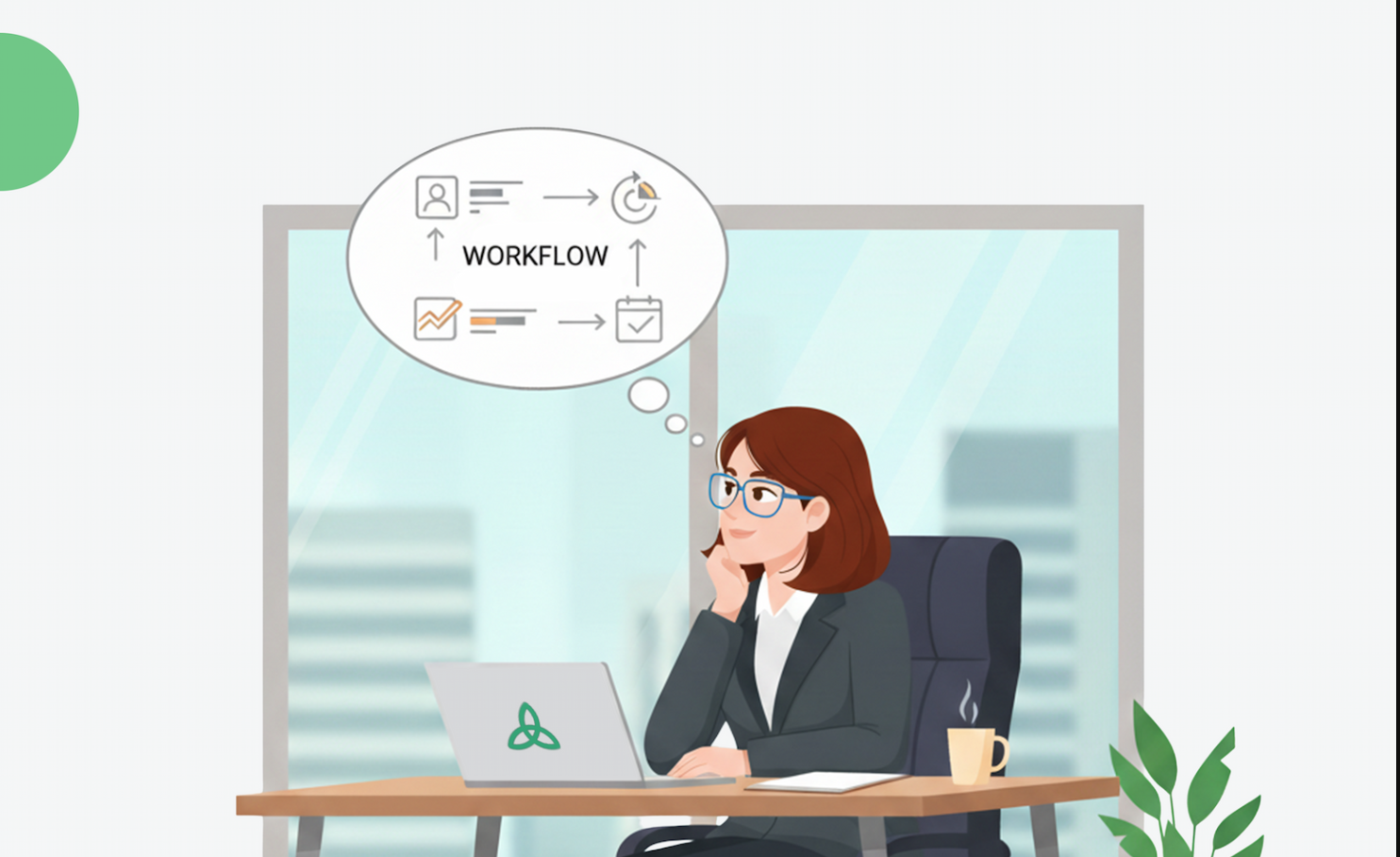Imagine this scenario: Sarah, a dedicated marketing manager, finds herself constantly glued to her laptop, feeling pressure to respond to emails late into the night and working through weekends to meet tight deadlines. Her personal life takes a backseat as she struggles to find time for herself, her family, and her hobbies. Gradually, Sarah begins to experience overwhelming stress, anxiety, and a sense of burnout, which takes a toll on her mental well-being.
Unfortunately, Sarah’s situation is all too common in many corporate environments. The increasing prevalence of burnout and mental health issues among employees is a growing concern for organizations worldwide.
How can Sarah’s company support her and her mental health? Let’s find out.
What is Work-Life Balance?
Work-life balance refers to the ability to maintain a healthy equilibrium between professional responsibilities and personal pursuits, interests, and relationships. It’s about finding harmony between the demands of work and the need for rest, relaxation, and personal growth.
When work-life balance is compromised, the consequences can be severe. Individuals may experience heightened levels of stress, anxiety, and fatigue, which can lead to decreased productivity, strained personal relationships, and a diminished overall quality of life.
How Does an Imbalance Affect Your Workforce?
The link between work-life imbalance and mental health issues is well-documented. According to a study by the American Psychological Association, employees who experience high levels of work-life conflict are more likely to report symptoms of depression, anxiety, and poor sleep quality, all of which can have a profound impact on overall mental well-being.
Furthermore, research by the World Health Organization estimates that depression and anxiety disorders cost the global economy a staggering $1 trillion per year in lost productivity. This highlights the significant economic burden that mental health issues can place on organizations and the broader economy.
Maintaining a healthy work-life balance is crucial for preventing burnout, a state of physical and emotional exhaustion caused by prolonged stress. Burnout can have severe consequences for mental well-being, including increased risk of depression, anxiety, and even suicidal ideation. A study by Gallup found that employees who experience burnout are 63% more likely to take a sick day and 2.6 times more likely to actively seek a different job.
What Can Employers and HR Teams Do?
Employers and HR professionals are vital in promoting a healthy work-life balance culture within their organizations. By prioritizing employee well-being, companies can foster a more productive, engaged, and mentally resilient workforce, which can lead to improved business outcomes and a competitive advantage in attracting and retaining top talent.
Initiatives and policies that support employee well-being, such as mental health awareness programs, employee assistance programs (EAPs), and comprehensive wellness initiatives, can go a long way in addressing the mental health challenges faced by employees. These programs can provide employees with access to counseling services, stress management resources, and support networks, empowering them to prioritize their mental well-being.
Additionally, HR professionals can play a crucial role in promoting a culture of open communication and destigmatizing mental health issues within the workplace. By creating safe spaces for employees to discuss their struggles and seek support, organizations can foster a more inclusive and understanding environment, ultimately contributing to better mental health outcomes for their workforce.
Strategies to Promote Work-Life Balance
Now that we understand how important work-life balance is, here are a few strategies that can help your team feel supported as both employees and human beings.
- Flexible Work Arrangements: Offering remote work options or flexible schedules can help employees better manage their personal and professional responsibilities, reducing stress and improving work-life balance with reduced commute times and less time away from home.
- Encouraging Breaks and Time Off: Promoting the importance of taking regular breaks, vacations, and personal time can prevent burnout and allow employees to recharge and rejuvenate.
- Setting Boundaries and Prioritizing Self-Care: Encouraging employees to set boundaries, disconnect from work during non-work hours, and prioritize self-care activities like exercise, mindfulness, and hobbies can contribute to better mental well-being.
- Providing Mental Health Resources and Support: Offering access to mental health resources, such as counseling services, stress management workshops, and employee assistance programs, can help employees cope with mental health challenges and promote overall well-being.
One thing to remember is that culture often stems from the top down, so it is important that employees see leadership modeling these behaviors.
Work-Life Balance IRL
Companies like Salesforce and Patagonia have implemented innovative work-life balance initiatives with remarkable success. Salesforce offers generous paid time off and encourages employees to unplug during vacations, while Patagonia’s “Let My People Go Surfing” policy encourages employees to pursue outdoor activities during work hours, promoting a healthy work-life balance and prompting greater employee satisfaction and retention.
Best practices for individuals and organizations to achieve better work-life balance include:
- Setting clear boundaries,
- Prioritizing self-care
- Encouraging open communication
- Fostering a supportive and understanding work culture
Make Work-Life Balance a Priority
Prioritizing work-life balance is not just a matter of employee satisfaction; it’s a strategic investment in the overall well-being and productivity of your workforce. By promoting a healthy work-life balance culture, organizations can foster a more mentally resilient and engaged workforce, reduce absenteeism and turnover, and ultimately drive better business outcomes.
Encourage your employees to prioritize their mental health and well-being by setting boundaries, taking breaks, and engaging in self-care activities. Provide access to mental health resources and support, and foster an open and understanding work culture where employees feel comfortable discussing their mental health challenges.
Explore Fresh Tri’s resources and solutions for promoting mental health and wellness in the workplace. Fresh Tri’s comprehensive wellness program, including the Iterative Mindset Method™, can help your organization create a sustainable and effective approach to supporting employee mental health and work-life balance. By prioritizing the well-being of your employees, you can cultivate a happier, more productive, and more resilient workforce.













